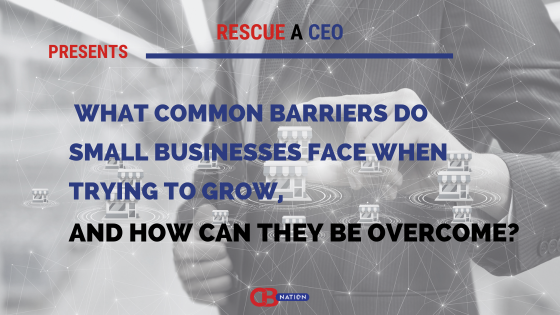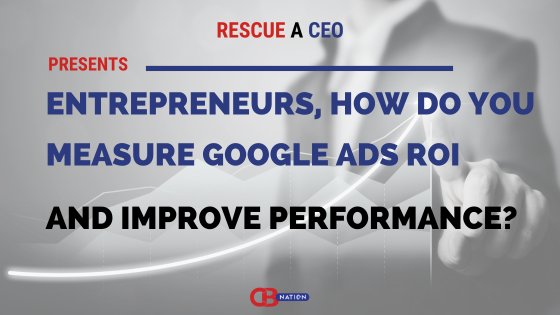One of the most overlooked parts of creating a successful company involves having a customized plan regarding business development.
Though definitions of this subject vary, and despite the acknowledgment by many executives of the importance of this exercise, business development is too often an afterthought for these same individuals; or, even worse, it is material for a generic mold – the proverbial cookie-cutter approach to management in general – that is neither effective nor in synch with a company's core ideals.
Indeed, the idea that business development does not require the independent counsel and guidance an expert can provide; that there is a not-so-secret formula – a recipe to create those metaphorical cookies, to be shaped and separated like any other automated process – that will enable a company to easily expand; the notion that this undertaking does not involve discipline, insight, collaboration and constant communication is, well, just plain wrong.
I know of what I write, based on my own respective experiences and observations involving business development.
I know which executives “get it,” those who understand that business development is an investment in furthering a brand's success and its alignment with partners that share an equally passionate commitment to excellence.
I also know which companies, in an attempt to make business development a sort of scientific endeavor – a system with a clear output akin to a corporate chain reaction – nonetheless struggle with this assignment, and do not get the results their spreadsheets forecast and their calculations display.
And, as a consequence of my personal exposure to this issue and my professional beliefs involving this topic, I have a firm belief of how companies should handle this matter.
In so many words, my advice is the following: Retain the services of an expert with the intelligence and wisdom necessary to make business development a winner.
Work with someone who will study the intricacies of your company, and who will become a master at identifying unexplored opportunities within your industry, so you will prosper.
That someone is somebody, an expert named Doug Cooper, Founder of Trubelo, a top firm specializing in Business Development, Project Management and Creative Development.
(Full disclosure: I am not an investor in or an employee of Trubelo. My references to both Doug and his organization are resources I think companies should call upon, giving business development the attention it deserves.)
This broadcast with Doug about business development is a thorough overview about the urgency of pursuing this task – in the right way, for the right reasons – so a company can maximize its achievements and have a practical strategy for sustained success.
Customization and Collaboration: The Trubelo Method to Client Success
Listening to Doug's remarks, and I encourage readers to do likewise, there are several themes concerning business development.
These rules, starting with the principle of customization and collaboration, apply to all industries.
The responsibility of an executive charged with overseeing this mission is to, one, spot and avoid the mistakes that overly complicate business development; it is critical to prevent this process from becoming too expensive to maintain and too ambiguous to define.
Customization is the answer to this challenge.
Through the patient accumulation of facts, and courtesy of a specific set of ambitions, business development can be – and it shall be – an achievable milestone.
With the right consultant, and by respecting the recommendations Doug Cooper offers, business development can be a rewarding endeavor.
Through the counsel of an independence voice, complemented by the perspective of a vigilant analyst, an executive can better articulate and appreciate the advantages of having a strategy for business development.
That aid is invaluable.
—
Lewis Fein is an independent marketing and media relations consultant, based in Southern California. You may reach him at [email protected].


















































 |
|